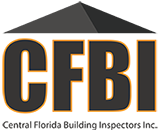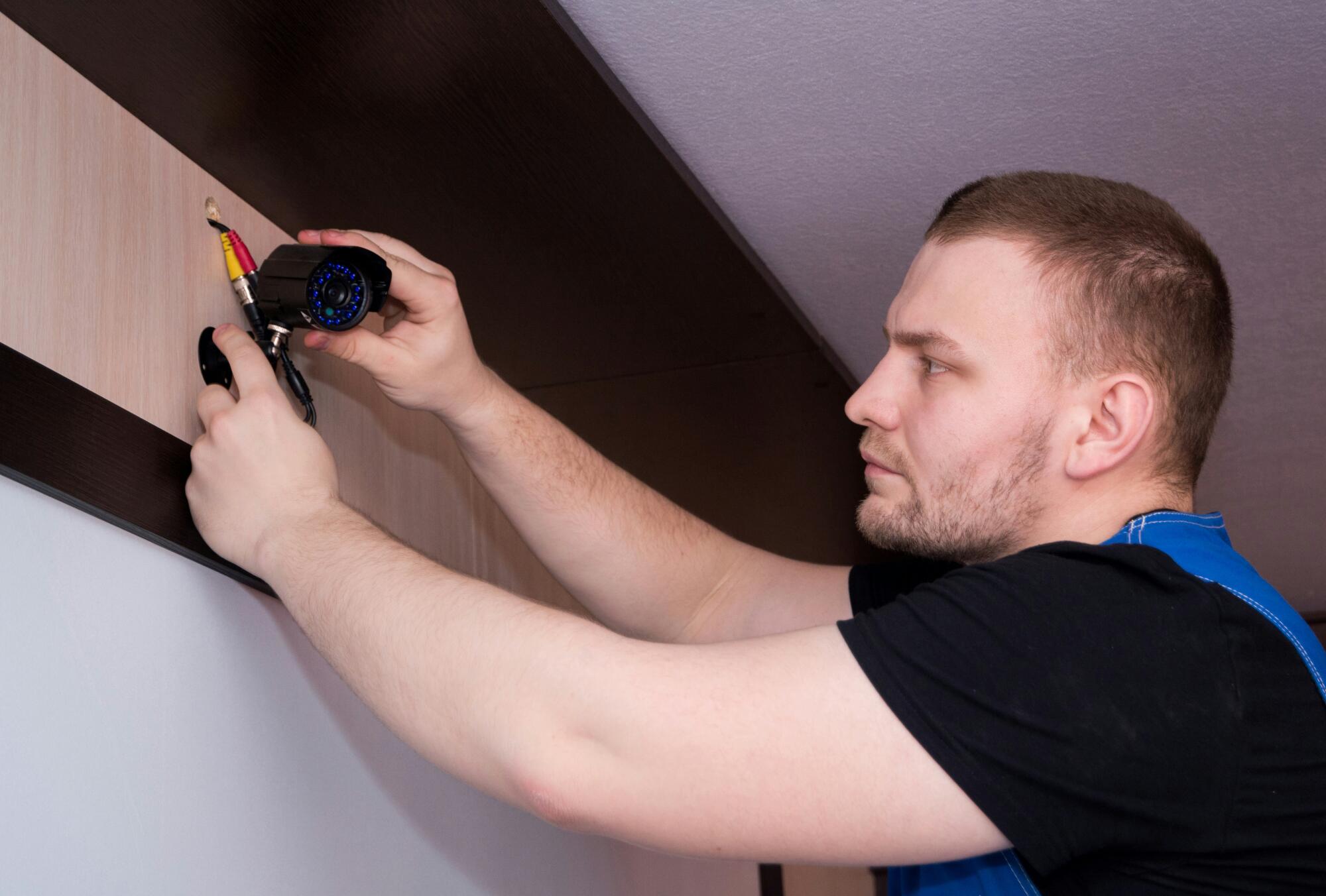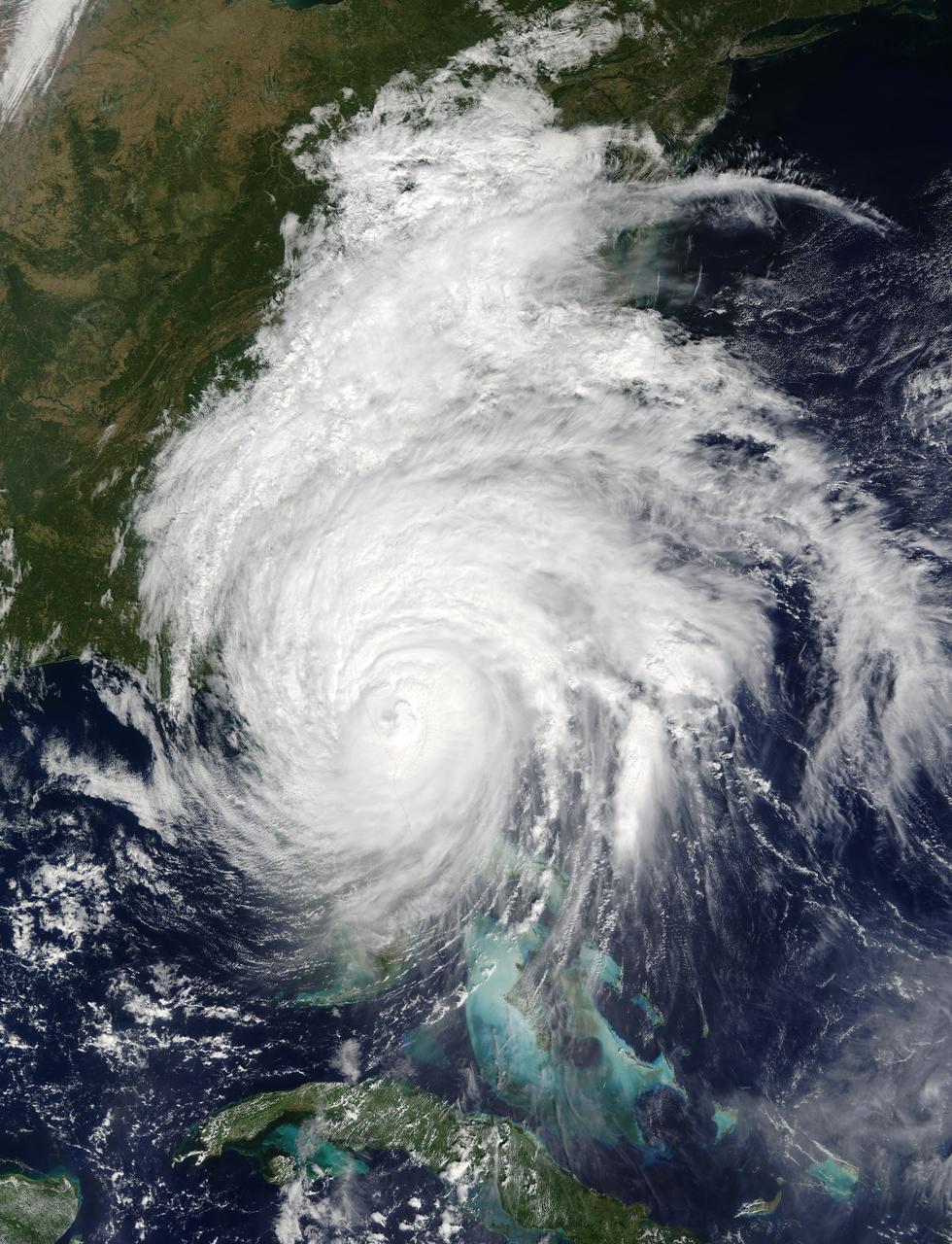Did you know that home electrical fires cause upwards of $1.3 billion in property damage every year? On top of that, most home fire deaths happen as a result of a lack of smoke detectors.
A big part of protecting your home and your family is maintaining your property. That includes aspects such as your electrical system, plumbing, and more. A 4-point inspection allows you to cover much of the basics so you can make sure your home is in good shape.
This is your homeowner’s guide to the 4-point inspection and why it matters.
What Is a 4-Point Inspection?
A 4-point inspection is a specialized property evaluation that focuses on four major systems within a home:
- Roofing
- Electrical
- Plumbing
- HVAC
This inspection is a type of property safety evaluation often required by insurance companies. It’s needed when writing or renewing policies on homes that are 25 years or older.
It differs from a comprehensive home inspection checklist used during the home-buying process. A 4-point inspection is concise, targeted, and limited to these four systems. Each system has a significant influence on the insurability and risk level of a property.
Why Insurance Companies Require It
From an insurance requirements inspection standpoint, insurers are focused on minimizing risk. Outdated or faulty systems pose significant hazards, such as:
- Electrical fires due to outdated wiring
- Water damage from failing plumbing
- Roof leaks compromising structural integrity
- Inefficient HVAC systems leading to unsafe living conditions
Insurers use the results of a 4-point inspection to determine whether a property qualifies for coverage and under what terms. A property with older or defective systems may lead to a coverage denial. Some insurers will allow for repairs before the policy is issued or renewed.
The Four Points Explained
These four points cover the basic interior threats a home can face. It’s important to understand them before you get an inspection.
1. Roofing System
A well-maintained roof protects a home from water intrusion, mold growth, and structural deterioration. During the inspection, the inspector will look at:
- Age of the roof
- Type of roofing materials
- Evidence of leaks or water damage
- Overall condition
Roofs over 15 years old may require documentation showing their remaining life expectancy. Some insurers won’t cover homes with older roofs.
2. Electrical System
Older electrical systems can turn into fire hazards, especially those that haven’t been updated to current standards. Inspectors evaluate:
- Type of wiring
- Condition of the service panel
- Brand and model of circuit breakers
- Signs of overloaded circuits or DIY modifications
If your home has aluminum wiring or an outdated fuse box, consider investing in an upgrade.
3. Plumbing System
Water damage is one of the most common and costly insurance claims. A plumbing inspection includes:
- Pipe materials
- Signs of leaks or corrosion
- Age and condition of the water heater
- Water pressure and drainage performance
Certain pipe types, like polybutylene, have a high failure rate. Replacing these systems is a worthwhile investment in both safety and insurability.
4. HVAC System
Proper heating and cooling provide more than comfort. They’re also responsible for preventing issues like mold and humidity damage. Inspectors assess:
- Age of the HVAC system
- Type and functionality of the units
- Signs of leaking or corrosion
- Presence of space heaters or window units
Insurers may consider space heaters or window units as risks. It’s better to rely on maintaining your HVAC systems to ensure longevity and efficiency.
4-Point Inspection vs Full Home Inspection
A full home inspection is typically used during real estate purchases. It covers everything from foundation to insulation, appliances, and more.
It’s similar to a new home construction inspection in that it looks for structural problems in addition to the interior and exterior systems. This helps with real estate assessment and negotiations.
In constant, a 4-point inspection is primarily used for insurance qualification. You would want to get a more thorough look at a home you want to purchase.
Real Estate Assessment Considerations
If you’re buying or selling an older home, a 4-point inspection can serve as a preliminary real estate assessment.
For buyers, it helps determine whether the home will be insurable and if any immediate upgrades are needed. Sellers may want this inspection to reveal any issues they need to address before listing the property.
Having both a full home inspection and a 4-point inspection done can give everyone involved in a transaction more confidence and bargaining power.
Preparing for a 4-Point Inspection
Homeowners can do some preparations to ensure a smooth inspection process and avoid surprises.
To begin, gather documentation such as maintenance records and permits for upgrades. Warranty information is also necessary.
Do a self-check on your own of the four systems. You might be able to address visible issues beforehand.
Hire licensed professionals if any repairs or replacements are needed. Use certified contractors to ensure compliance with building codes.
Common Issues That Fail Inspection
Understanding what can cause a home to fail an inspection helps you prepare for one. Common problem areas include:
- Roofs nearing end-of-life
- Federal Pacific or Zinsco electrical panels
- Polybutylene plumbing or corroded pipes
- Non-functional HVAC or use of space heaters as a primary heat source
These are all factors that an insurer may use as an excuse to deny coverage.
Home Maintenance Tips
There are some home maintenance tips you can follow if you want to pass your upcoming inspection.
For your roof, clear the gutters and replace missing shingles. Schedule periodic inspections to keep it in good condition.
Avoid overloading circuits and upgrade electrical panels if advised. Fix plumbing leaks immediately and flush your water heater yearly.
Finally, change your HVAC filters regularly. Schedule seasonal tune-ups to avoid problems during high or low temperatures.
Pass Your Upcoming Inspection
A 4-point inspection is both good for getting a new insurance policy and for protecting your home. Without an inspection, your home might have ongoing problems with its plumbing, HVAC, and other essential systems. Don’t ignore them, or they could cause damage to your property in the future.
Central Florida Building Inspectors has proudly served the Central Florida area since 1988. We provide a variety of inspections for both residential and commercial properties, including pre-purchase and PCA inspections.
Reach out today to learn more and schedule your inspection.










